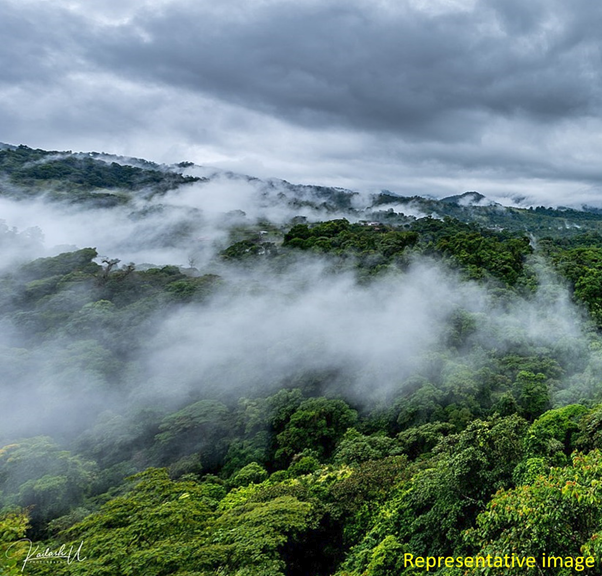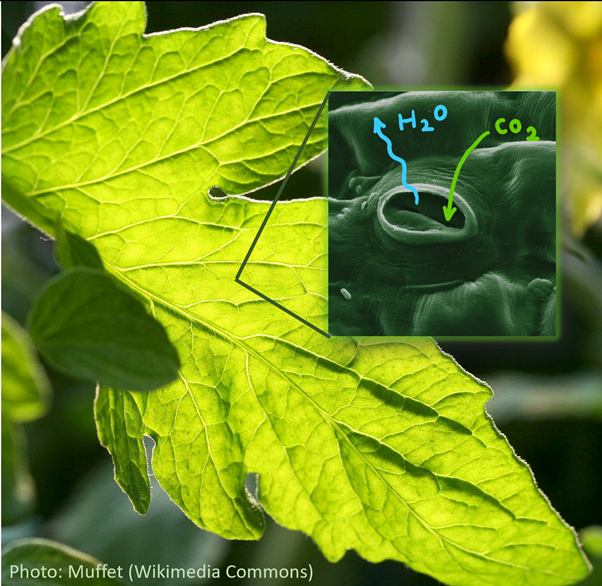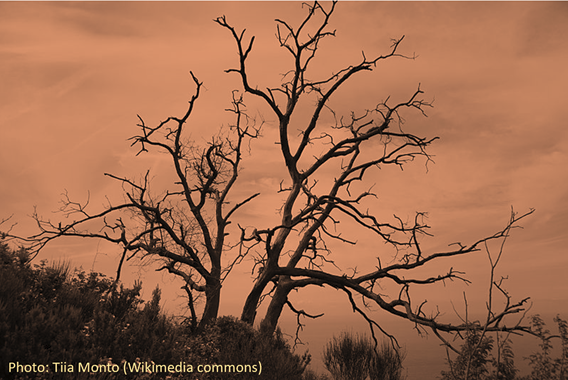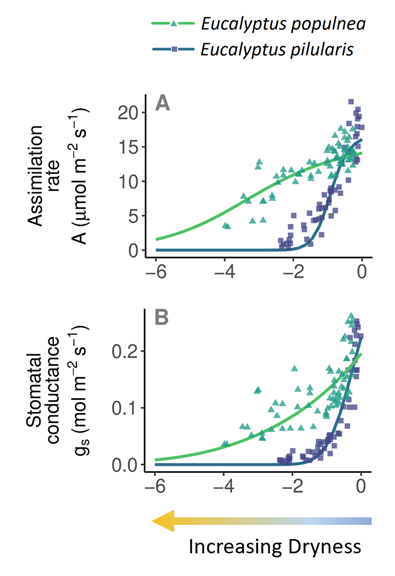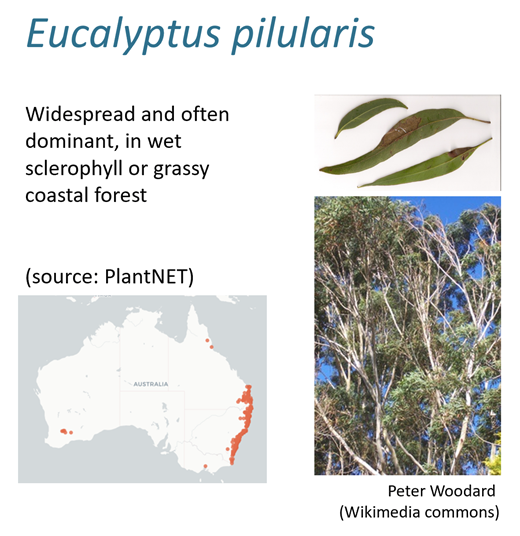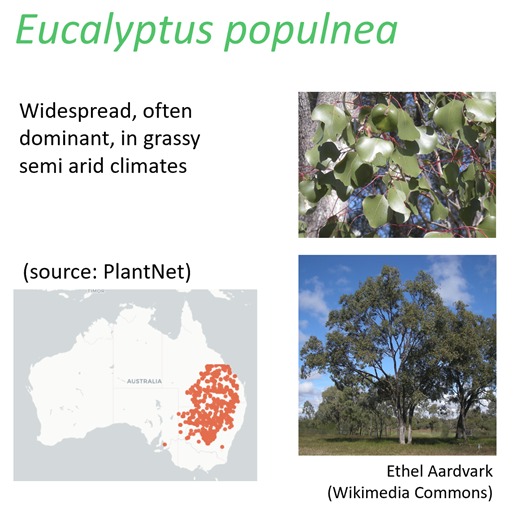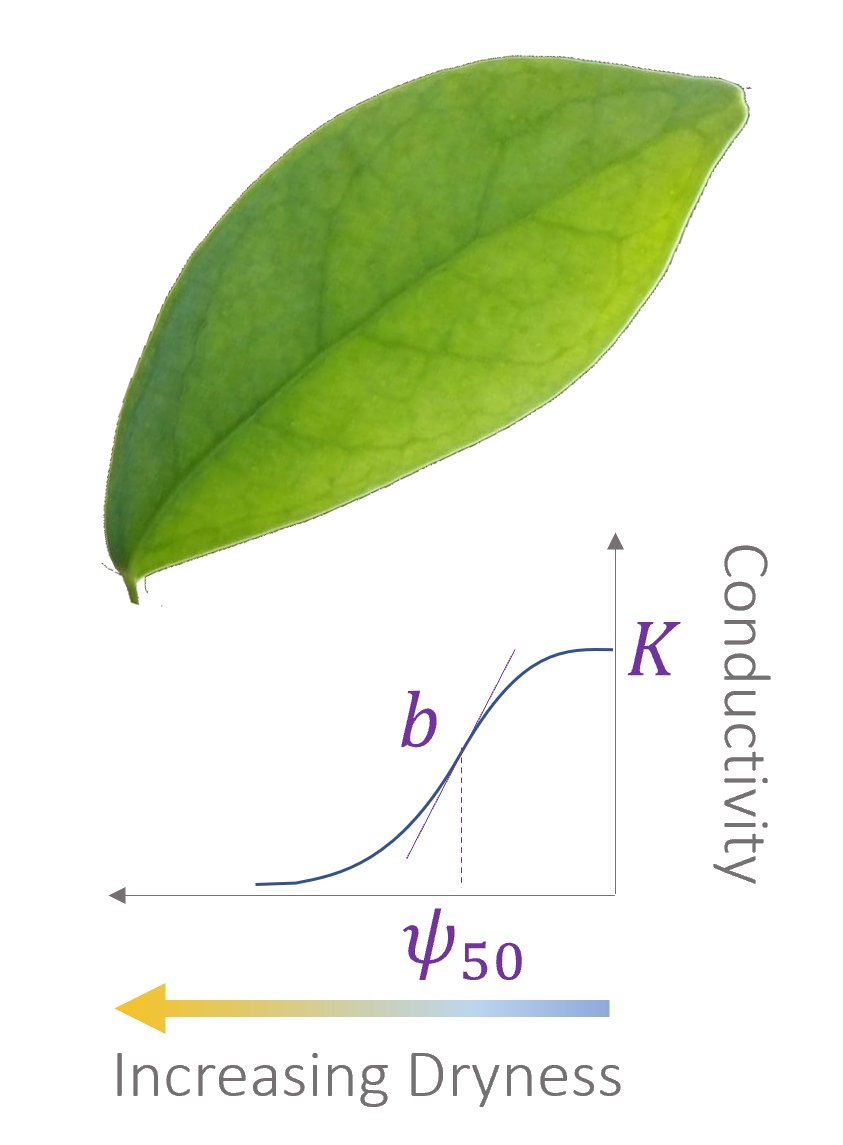Our new theory of #photosynthesis is up on bioRxiv!
“Towards a unified theory of plant photosynthesis and hydraulics”
https://www.biorxiv.org/content/10.1101/2020.12.17.423132v1
Expand thread for an explainer
@LabPrentice @SteniBocker @aimlessbacteria @AlienorLavergne @IIASAVienna @DivechaFor
“Towards a unified theory of plant photosynthesis and hydraulics”
https://www.biorxiv.org/content/10.1101/2020.12.17.423132v1
Expand thread for an explainer

@LabPrentice @SteniBocker @aimlessbacteria @AlienorLavergne @IIASAVienna @DivechaFor
Photosynthesis and transpiration by land plants account for 56% of the global carbon cycle and 30% of the global water cycle. Indeed, the Amazon makes its own rain!
Plants take in CO2 through tiny valves on the leaf surface, called stomata. But when they are opened, water also diffuses out through them.
Losing water is risky – drying tissues and water-transport pipes may lead to hydraulic failure and death. During #drought, plants face a fundamental dilemma: open stomata to take in CO2 but risk hydraulic failure, or forego CO2 and face starvation.
Under normal conditions, most plants choose the former, operating dangerously close to their hydraulic thresholds. But under severe drought, survival becomes the prime concern and photosynthesis shuts down – stomata close, and photosynthetic machinery is scaled down.
We present a unified theory of how atmospheric and soil moisture conditions affect plant photosynthesis: How should plants control their stomatal opening and photosynthetic capacity in response to drying soil?
A simple optimization principle holds the key: Plants maximize profit.
Profit = benefits – costs.
Benefits are from CO2 intake. Costs arise from maintaining the photosynthetic machinery and the risks of hydraulic
failure.
Profit = benefits – costs.
Benefits are from CO2 intake. Costs arise from maintaining the photosynthetic machinery and the risks of hydraulic
failure.
The theory predicts how carbon assimilation rate, stomatal conductance, leaf-internal CO2 concentration, water suction pressure in the leaves, and photosynthetic capacity acclimate to climatic and soil-water conditions. Here is a sample result for 2 species.
All we need is one parameter and three readily measurable leaf-hydraulic properties which describe how the leaf’s conductance to water flow changes with dryness.
The new theory could significantly improve projections of the global #carbon and water cycles by capturing the synergistic effects of rising CO2 and rising rainfall-variability under #climatechange.

 Read on Twitter
Read on Twitter